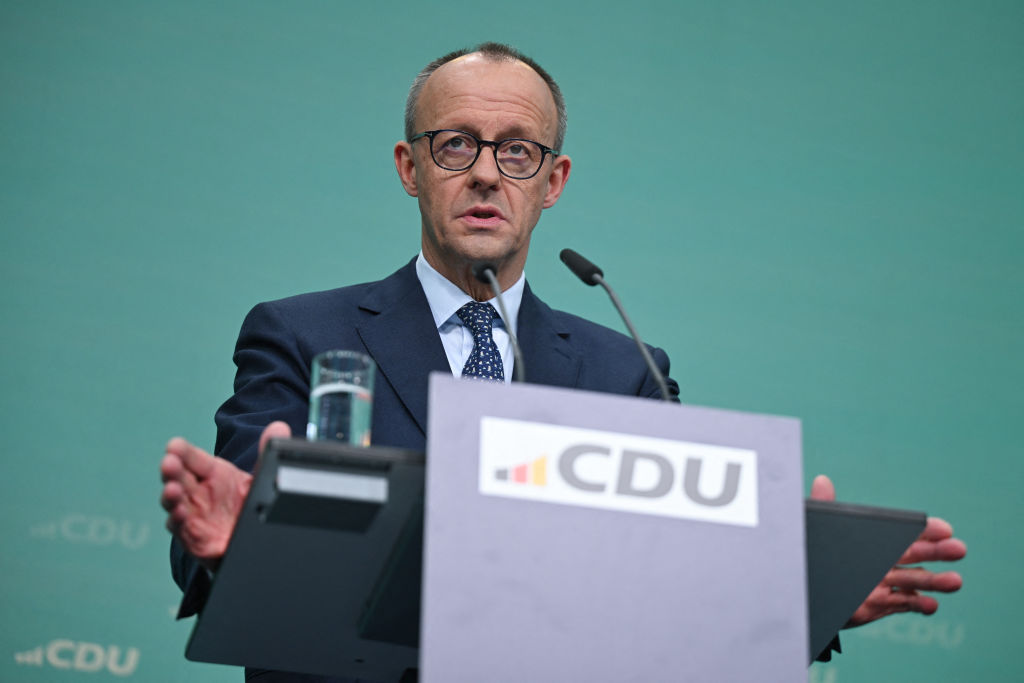“I have to admit that about 75 hours in this country have made me pretty nervous,” Francesca Albanese told a small audience in a Berlin newspaper office last week — including several riot police, observing attentively. “The situation is bad for freedom of expression pretty much everywhere. And still, I’ve never felt this sense of lacking oxygen as I do here.”
Albanese, who is the United Nations’ Special Rapporteur on the Occupied Palestinian Territories, was in Germany to deliver a lecture on “Colonialism, Human Rights and International Law,” at Munich’s Ludwig Maximilian University and to speak alongside Forensic Architecture director Eyal Weizman at Berlin’s Free University. Under heavy pressure from police, media outlets, Israeli ambassador Ron Prosor, and Berlin mayor Kai Wegner, both universities canceled the events.
A backup venue for the Berlin lecture also pulled out last-minute, after it was vandalized with Zionist graffiti and received intimidatory phone calls from state authorities. This produced scenes both sinister and farcical, as Berlin police officers chased a senior UN human rights official around the capital and demanded entry to the headquarters of left-wing daily Junge Welt, determined to monitor her speech for anything that might be considered unlawfully antisemitic.
Even the fragile cease-fire between Israel and Hamas has done nothing to diminish the tidal wave of repression against all forms of Palestine solidarity in Germany, unleashed by Hamas’s October 7 attacks and Israel’s genocidal retribution on Gaza. Just in the weeks since the deal came into force, police in Hessen conducted dawn raids on the homes of activists judged to be part of the “left-wing extremist arm of antisemitism”;…
Auteur: Ruairí Casey

